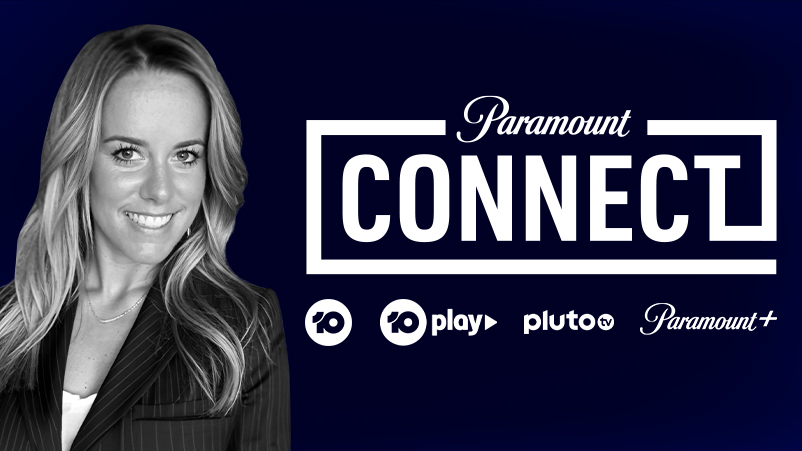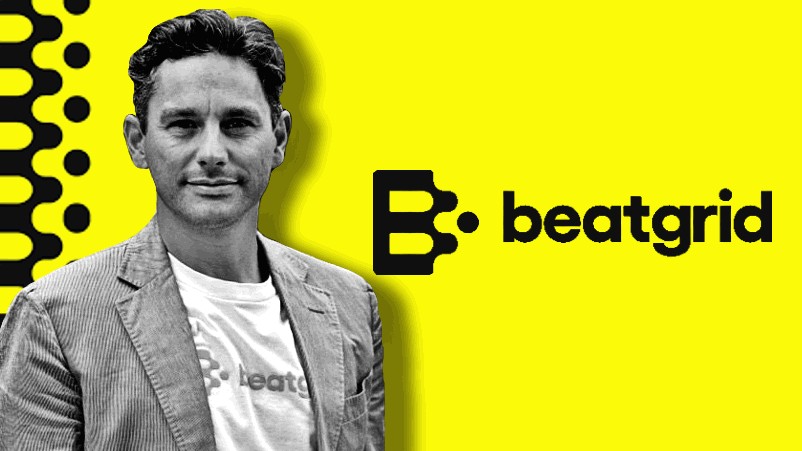Tech giants and acquisitions: Can anything curb the Hungry Hippos' appetites?
Between them, the FAMGA tech giants — Facebook, Amazon, Microsoft, Google, and Apple — have gobbled up more than 800 companies. But will a global regulatory pincer movement curb their appetite, and is paying for news just the beginning of a tax on big tech?
What you need to know:
- The five big tech giants have gobbled up 800 companies between them in 30 years.
- But is regulation catching up with those that "don't produce much, but make extraordinary money out of those who do"?
- Will global moves to rein-in big tech's market dominance and data advantages curb their acquisitive appetites?
- Maybe, but the smart money's on another acquisition in the coming weeks.
Technology eating the world?
Lately the topic of stealing or at least commercially paying for news has dominated, well, the news headlines. So it’s worth stating boldly, upfront, that articles from the SMH, BBC and CB Insights contributed to this piece.
Over the last three decades, the FAMGA tech giants — Facebook, Amazon, Microsoft, Google, and Apple — have gobbled up more than 800 companies.
While many businesses were cutting costs and paring back, not only did they all add significantly to their share price and market cap compared to the start of 2020, they gobbled their way through the pandemic.
According to CB Insights, Apple and Microsoft have been the most ravenous since the beginning of Covid, each completing nine deals. Microsoft’s $1.4bn purchase of Affirmed Networks in March 2020 made the ranks of its top 10 most valuable acquisitions.
To put into context, Apple CEO Tim Cook said in its most recent earnings call that over the last eight years, Apple has purchased over 100 companies. That’s one every three to four weeks.
But he also released its Q1 earnings, showing its largest quarter by revenue of all time, bringing in US$111.4bn in the first-quarter of its fiscal year 2021.
Strategically, enhancing existing product or moving adjacently into new areas makes sense (and Mediabrands certainly does that) and when you have that sort of firepower and ambition across such a diverse set of categories, it is understandable.
But given the coalescing global scrutiny around competition, market dominance and data, especially around sensitive data like health (although Fitbit has seemingly been waved through), do we think it will continue unabated?
Waleed Ali, wrote something in the SMH that really grabbed me:
“Capitalism has evolved into new forms governments haven’t yet fully come to terms with. The dominant companies of our age seem to be ones that don’t produce very much, but make extraordinary money out of those who do.
“Take Uber Eats. It doesn’t produce food. In one sense it doesn’t even deliver it, because that’s left to sub-contractors, who it specifically denies are employees.
Uber Eats is a platform that draws on people who actually are doing productive work, but sends most of the profit elsewhere. The restaurants take a hit to their profits unless they are prepared to jack up their prices (which will probably cost them customers). And the drivers enjoy very few labour rights and very low pay.
“The producers – even the innovative ones – are the ones earning the least.”
Paying for news may be just the beginning
If platforms don’t produce but simply allow interaction, then what’s just happened with news may it start to happen elsewhere. Perhaps the landmark ruling in the UK last month regarding the status of Uber drivers will set some new category precedents too. It may have potential repercussions around the world, as the News Media code is now seemingly doing.
I still remember people thinking that the $1.7bn for YouTube and the $1bn for Instagram were a lot, let alone WhatsApp’s cost, but look at how they have all played out, in terms of owning the media experience beyond what was once traditional media, and the flow of ad dollars that followed with it.
Buying Beats ($3bn: 2016) and Shazam ($400m: 2018) have reinforced Apple’s music credentials in an increasingly competitive streaming and subscription space.
Skype ($8.58bn) Yammer ($1.2bn), then LinkedIn ($26.2bn) show Microsoft dropping big coin in a bid to own the B2B market around business connectivity
According to the BBC, when measured by value, Apple’s acquisitions are actually far more restrained than those of many of its tech rivals.
Whereas Microsoft paid $26bn for LinkedIn, Amazon paid $13.7bn for Whole Foods and Facebook paid $19bn for WhatsApp, Apple’s ten largest purchases put together would still be worth far less than any of those deals.
House keys, wallet and phone converge
Just to give ourselves some cold comfort for not being as wildly successful as the digerati, no one has a perfect record, and not all of these acquisitions have been unqualified successes.
Microsoft ultimately wrote off its $7.2bn Nokia deal, while Google paid $12.5bn for Motorola Mobility (its largest acquisition to date) — only to sell the unit off for a quarter of its acquisition price two years later (though with a lot of Android tech smarts gained).
Closer to home the adserving acquisitions had different successes. Meanwhile, we await the final report from the ACCC on digital platforms – but we are already in March, August will come around in the blink of an eye.
Still, the share prices of the FAMGA continue to rise. Even with all these challenges, it's highly probably that the hippos will again be dining at the technology acquisition buffet before long.


